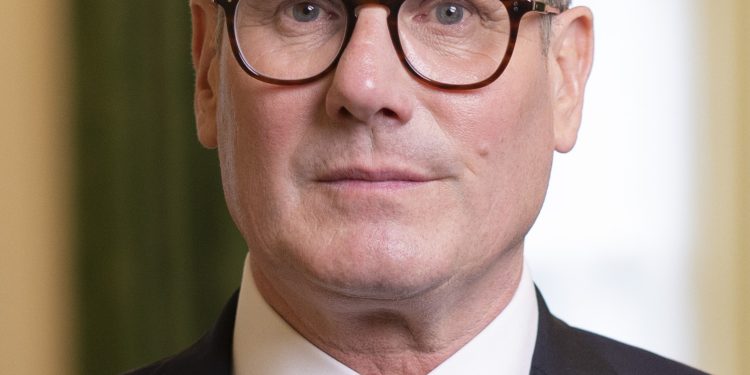By Alex Casey
The UK Bribery Act 2010 has been widely heralded as “the gold standard” of anti-bribery laws, an “exemplary” statute that is “a lodestar for other countries.” That the UK is now seen as a “world leader” in the fight against foreign bribery, after years of being seen as a laggard, is due in no small part to UK Bribery Act’s most innovative aspect: the failure to prevent bribery offense under section 7. This section makes commercial organizations doing business in the UK criminally liable if they fail to prevent a person associated with their organization from bribing another for the purpose of obtaining or retaining an advantage for the organization. “Associated” persons are defined broadly as including anyone who performs services on behalf of the organization, including employees, contractors and agents. But companies can avoid liability for failure to prevent bribery if they can show that they had adopted “adequate procedures” to prevent such wrongdoing. This feature of the Act has received growing international endorsement. Numerous jurisdictions have adopted similar provisions (e.g. Australia, Kenya, Bermuda, Ireland, South Africa) or are considering doing so (New Zealand, Canada, Hong Kong). Moreover, within the UK itself, this failure to prevent framework has been expanded to contexts such as tax evasion and fraud offenses, and is also being considered for tackling human rights harms, mistreatment of vulnerable persons and computer misuse offenses.
Yet despite such widespread praise, section 7, and the UK Bribery Act more generally, have their detractors. The main criticisms tend to fall into two categories. First, some have argued that section 7 has not been as effective in changing corporate behavior as might have reasonably been expected. Second, some have argued that section 7’s “adequate procedures” defense is too vague. Both of these criticisms are overstated.
Read more: The UK’s Failure-to-Prevent-Bribery Offense Has Succeeded in Preventing Bribery
With respect to the claim that the UK Bribery Act has not been effective in changing corporate behavior, although it’s true that enforcement of the Act got off to a slow start, overall enforcement has been impressive. Since the Act came into force in 2010, the UK’s Serious Fraud Office (SFO) has prosecuted three companies for failure to prevent bribery, and has concluded nine other cases involving failure-to-prevent charges through deferred prosecution agreements (DPAs). These enforcement actions have included high-profile cases against companies such as Rolls-Royce, Airbus and Glencore, resulting in some of the highest ever corruption settlements globally. The DPAs in these cases have resulted in excess of £1 billion in total settlements. This level of enforcement is a substantial improvement on pre-2010 figures, both in terms of number and magnitude. The effectiveness of the failure to prevent offense is also demonstrated by its impact on corporate practices and compliance efforts. While such impacts are hard to quantify, the empirical evidence to date provides positive indicia of improvement. An early study found that large public companies in the UK responded to the 2010 Bribery Act by strengthening their compliance programs and due diligence procedures, and this is consistent with more anecdotal evidence that UK companies have made improvements in adopting compliance measures in the wake of the Act (see here, here, and here).
The other main line of criticism of section 7 is that the “adequate procedures” defense is too vague (see here and here), with some suggesting that section 7 could be deemed an unacceptably imprecise basis for establishing criminal liability as a matter of principle. But this problem is greatly exaggerated. The UK has provided supplementary guidance on the meaning of “adequate procedures,” and although this guidance does not provide companies with a precise description of what is required for compliance in their individual circumstances, it is nonetheless a list of principles accompanied by detailed explanations and hypothetical case studies. Furthermore, emerging industry standards give businesses a sufficiently clear picture of what is required from them for compliance with section 7, and organizations like the OECD and professional consultancy services have also provided guidance regarding best practices. The notion that the “adequate procedures” defense is unduly vague is further belied by the fact that the legal cases concerning section 7 to date have required the courts to provide any further clarification.
The effectiveness of section 7 has transformed the corporate foreign bribery landscape in the UK. The offense has evidently improved enforcement rates, corporate compliance efforts and addressed concerns regarding the vagueness of the offense. This is not to suggest there is no room for improvement. Lack of funding for the SFO is a particular, and widely noted, concern. But overall, it seems section 7 deserves the praise it has garnered.













